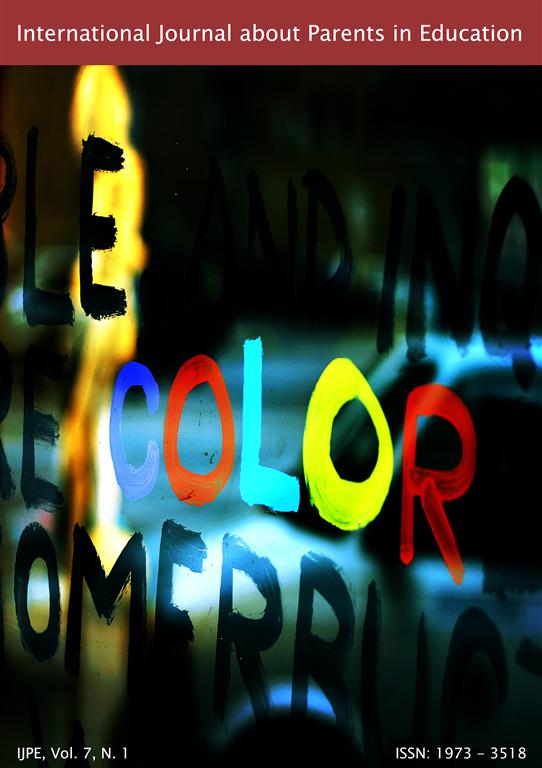Parents’ Cultural Resources, Gender and Young People’s Reading Habits – Findings from a Secondary Analysis with Time-Survey Data in Two-parent Families
DOI:
https://doi.org/10.54195/ijpe.18204Abstract
Drawing on the theoretical concept that parents are crucial for children’s informal reading socialisation, the aim of this article is to explain the impact of parents’ cultural resources on school-aged children’s reading habits by controlling for children’ s gender. Parents’ cultural resources, here, comprise ‘parents’ cultural practices’ (defined as parents’ reading habits and parents’ interactions with their children) as well as parents’ education. The article draws on data from the German Time Use Survey including time-use data in two-parent families from 757 school-aged children (between ten and 19 years of age) and their parents. Controlling for children’s gender, the findings indicate that parents’ cultural resources have a stronger impact on daughters’ reading habits. For sons, only ‘fathers’ reading habits’, among other cultural resources, turns out to be significantly associated with sons’ reading habits. In general, parents’ reading habits have a stronger impact on children’s reading compared to family interactions and parent’s education. The validity of the indicator ‘family interaction’ (operationalized by time parents use on joint meals and family conversations) to predict children’s reading habits is limited. Overall, the findings may have implications for reading interventions that in particular address the family as an informal institution for reading socialisation.Downloads
Download data is not yet available.
Downloads
Published
2023-11-11
Issue
Section
Articles
How to Cite
Wollscheid, S. . (2023). Parents’ Cultural Resources, Gender and Young People’s Reading Habits – Findings from a Secondary Analysis with Time-Survey Data in Two-parent Families. International Journal about Parents in Education, 7(1). https://doi.org/10.54195/ijpe.18204





